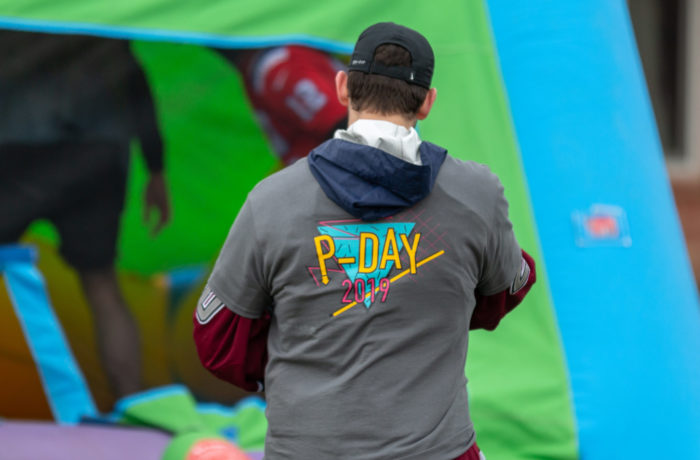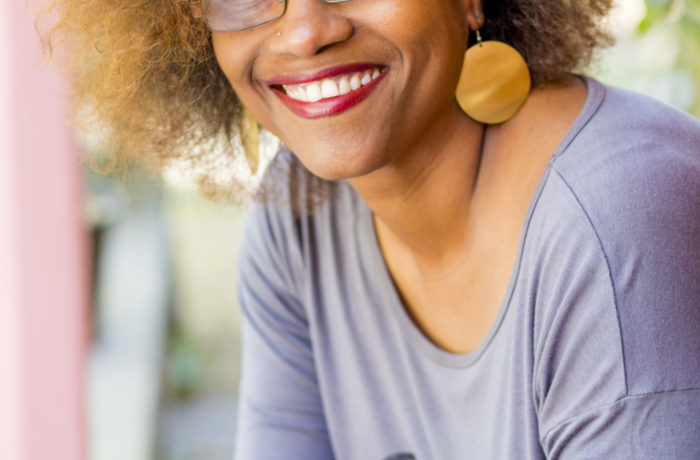Your personal quandary: Shedding dependence on the disposable coffee cup, take-out salad container, and other single use plastics
By Elizabeth Moore
Contributing Writer
Lately it feels like we’ve all been hearing the words “single-use plastic” in every environmental conversation.
The whole world seems to be pushing to limit plastic straws, water bottles, and grocery bags, but we often don’t realize that single-use plastic extends far beyond these items to the pack- aging of our food products, our toiletries, and almost every other item that we buy in stores and online. At Saint Mike’s, the new sustainability committee is working on a proposal to limit single-use plastic on campus in Einstein’s, the dining hall, Café Cheray, and the bookstore. But beyond these areas, they hope to shift the way that students, faculty, and staff think about living in our plastic world in a more sustainable way.
I think about plastic every day. Most of the time I feel completely over- whelmed by it; it is everywhere and it covers everything. Part of the difficulty of studying environmental issues and calling yourself an environmentalist is the never-ending feeling that you are a fraud. Like if there is some sort of sustainability heaven I will certainly not be going there. I bring my reusable bamboo silverware everywhere I go, but I still buy bags full of frozen broccoli and potato chips when I want them. I don’t use plastic water bottles, but sometimes my parents still do and I haven’t been able to stop them.
Shifting the way we think about plastic is undeniably difficult and reducing plastic means acting against every- thing we’ve been taught to do as consumers. We aren’t in complete control of the plastic that covers our food and the goods we buy. Solving these packaging problems will require huge changes in infrastructure and policy that, at this moment in our lives, is almost completely outside of our control.
Our two main options seem to be buying an item or not buying an item, but we can take smaller steps toward making those calls. When I want coffee, I bring my re- usable coffee mug. If I’m out somewhere and I don’t have my reusable mug, but I still want coffee then I think long and hard about whether I want the coffee bad enough to waste a plastic cup. I carry silverware in my backpack all the time ready for food. I don’t buy beauty products that are single use. I don’t wrap my produce in plastic bags at the grocery store. I use reusable cling wrap and Tupperware rather than plastic bags. My dental floss isn’t connected to one of those plastic handles. I avoid single servings of foods when there are more options available. But mostly what I do is think about it. When I’m going to buy anything I consider my potential impact and then I decide whether or not it feels worth it.
Walt Whitman said, “Do I contradict myself? Very well, then, I contradict myself.” And I contradict myself all the time. Despite how much I’d love to be a plastic purist, I remain an entirely plastic person who continues to buy plastic things. When I feel overwhelmed by my own inconsistencies, I try to re- member that we are all doing our best to limit our impact in whatever ways we can. Sometimes we forget our reusable grocery bags at home; sometimes we forget to ask for our drinks without a straw. And when we talk about these reductions in plastic consumption I think we need to recognize ourselves as people slowly working to radically change. For me, it starts with aware- ness and thoughtfulness in each of my consumption decisions.
Sometimes my need for coffee outweighs my worry for the fate of the cup, but most of the time it doesn’t. the best step we can take right now is to just start thinking about it.
Elizabeth Moore is a senior, double majoring in English and Environ-mental Studies. She serves as an eco- rep for the Office of Sustainability at Saint Michael’s College.


